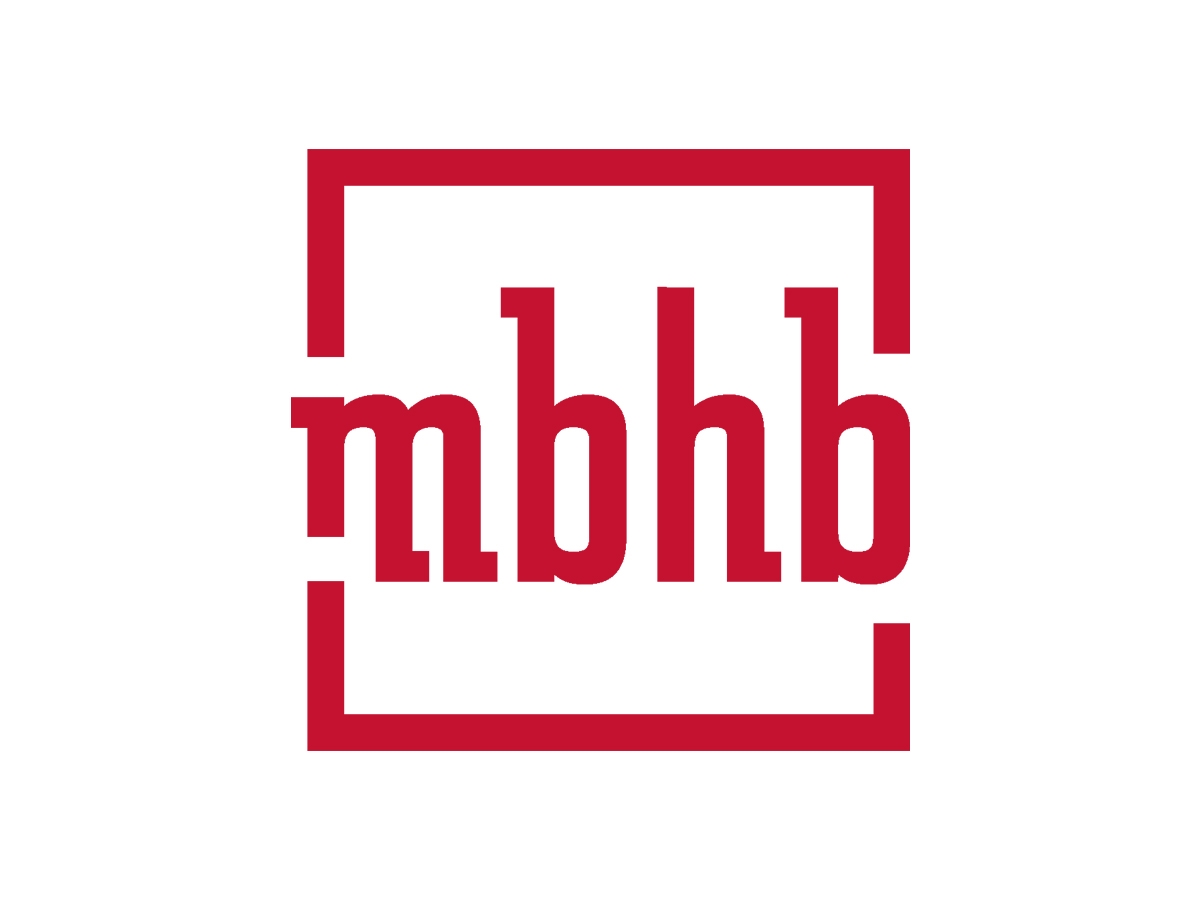Draft revision of China’s Anti-Unfair Competition Law released
China’s Anti-Unfair Competition Law (AUCL) has been amended twice since 1993. The first time was in 2017, and the second in 2019. The Standing Committee of the National People’s Congress published a Draft Revision of the Anti-Unfair Competition Law on December 25, 2024 for public comments. The public consultation period ends on January 24, 2025. Below is a short analysis of the key changes proposed in the Draft Revision.
I. Introduction of Platform Operators’ Responsibilities
One key amendment to the AUCL in the Draft Revision is that the Draft Revision has imposed on platform operators (i.e., operators who provide internet platform services, such as business premises, transaction matching, and information exchange, to natural persons, legal persons, and other market entities) two primary obligations. Platform operators should take the necessary measures to prevent unfair practices by their customers using the platform. The Draft Revision replaces the term “technical” with “data, algorithms, technology, platform rule, etc.”, and expressly prohibits the use of platform rules for malicious transactions. For example, operators are prohibited from obtaining and using other operators’ legally held data through fraud, coercion, electronic intrusion or other inappropriate means.
Furthermore, Article 14 of the Draft Revision explicitly prohibits platform operators from forcing businesses operating on the platforms to sell goods at prices below cost in accordance with the platform operators’ pricing rules, which conduct is deemed to interfere with fair competition.
II. Introduction of Specific Provisions Regarding Confusion
1. Expansion of Protected Commercial Identifiers
To address issues related to the protection of commercial identifiers, such as disputes over the infringement of App icons, the Draft Revision explicitly includes names of non-legal organizations, names and icons of new media accounts, and application names and icons as protected commercial identifiers.
2. Prohibition on Confusion through Search Keyword Manipulation
The Draft Revision prohibits operators from setting, without authorization, the names of others’ products or enterprises (including abbreviations, trade names, etc.) Search keywords can be used if the product names or company name have a certain degree of influence. This is to prevent misleading search results which confuse consumers.
3. Introduction of Liability in Assisting Confusion
An article 7 of the Draft Revision has been amended to include a new provision that explicitly states that operators are not to facilitate conduct that could cause confusion. In the Draft Revision, administrative penalties are introduced for such facilitative acts.
4. Sellers are now exempt from penalties under the Draft Revision.
The draft revision adds a new provision that allows sellers who can prove they acted without subjective blame to avoid administrative sanctions.
III. Acceptance of Bribes to be a Unfair Competition Act
Under current AUCL law, offering bribes can be considered an unfair competition practice. However, accepting bribes does not. The Draft Revision explicitly prohibits individuals and organizations from accepting commercial bribes. It also introduces a double penalty system that imposes penalties on both the giver and recipient of a bribe. The Draft Revision stipulates that companies can be fined up to 2,000,000 RMB and individuals can be fined up to 500,000 RMB if they accept commercial bribes.
IV. Introduction of Regulation on Abuse of Dominant Position by Large Enterprises
The Draft Revision stipulates that large enterprises are prohibited from abusing their advantages in capital, technology, transaction channels, industry influence, and other factors to disrupt fair competition. They cannot impose unreasonable payment terms, payment methods, payment deadlines, or breach liabilities on small and medium-sized enterprises, nor force them into exclusive agreements or engage in similar unfair practices.
Traditionally, the Anti-Monopoly Law targets only enterprises with market dominance, while those without such dominance have the freedom to choose trading partners, methods, and transactions. In practice, however, even though they are not dominant, large companies often impose unfair restrictions that make it difficult for their partners or third parties to invoke the remedies available under Anti-Monopoly Law in order to protect their own interests. The Draft Revision is expected to address this issue in particular when large enterprises use their advantage to encourage business partners to sign exclusive contracts with them.
V. Improvement of Commercial Defamation Behavior
Operators are prohibited from engaging in commercial defamation by fabricating or disseminating false or misleading information under current AUCL. The Draft Revision expands commercial defamation cases to include those where an individual instructs another to engage in such behaviors, holding the instigator responsible. Furthermore, the term “damaging the reputation or credibility of competitors” has been broadened to “damaging the reputation or credibility of other operators.” This revision extends the scope of affected parties beyond just competitors to include all “other operators,” which helps regulate this unfair practice more effectively.
VI. Addition of Legal Applicability for Extraterritorial acts
The draft revision references the Anti-Monopoly Law, and introduces in the annex a provision regarding the legal application of acts occurring outside China but having consequences inside China. It specifies that acts that violate AUCL can be subject to legal actions under this law if harm is caused within China.





